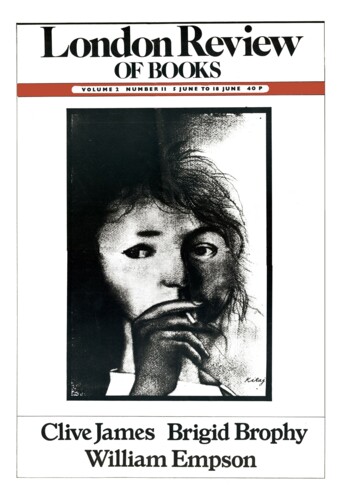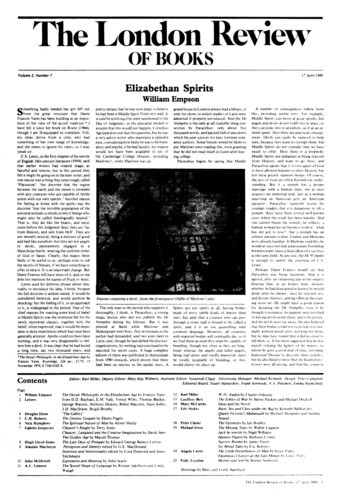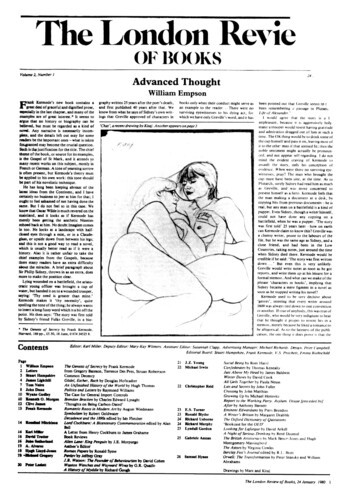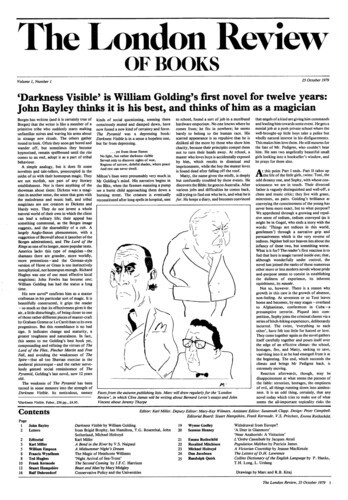William Empson remembers I.A. Richards
William Empson, 5 June 1980
The death of I.A. Richards has at least endangered an opportunity which he had accepted with eager energy. In 1937, the Chinese Ministry of Education had decided to use Basic English in the schools, for the first years of English there, but just as the details were being fixed up the Japanese launched an all-out attack and captured Peking. One might argue that this was the right time to introduce a far more economical method: but it would require a great deal of organising from the centre, and to organise the refugeeing of the west-coast universities to the interior was already imposing an almost unbearable strain. There were some local centres where the method was already in use, and contact had to be maintained with them as far as possible; I was able to go with Richards to Kweilin and meet a distinguished headmaster. This seems worth recalling, as Richards returned to Kweilin on the final tour, 42 years later, and was soon afterward struck down. Touring the schools in provincial cities, and speaking in each of them, would be the most exhausting part of the work. He had been warned by a friend that the visit would probably kill him, but after all he had for years been risking his life on mountains, and this occasion might make all the difference (for him) between dying in triumph and dying as a failure.




